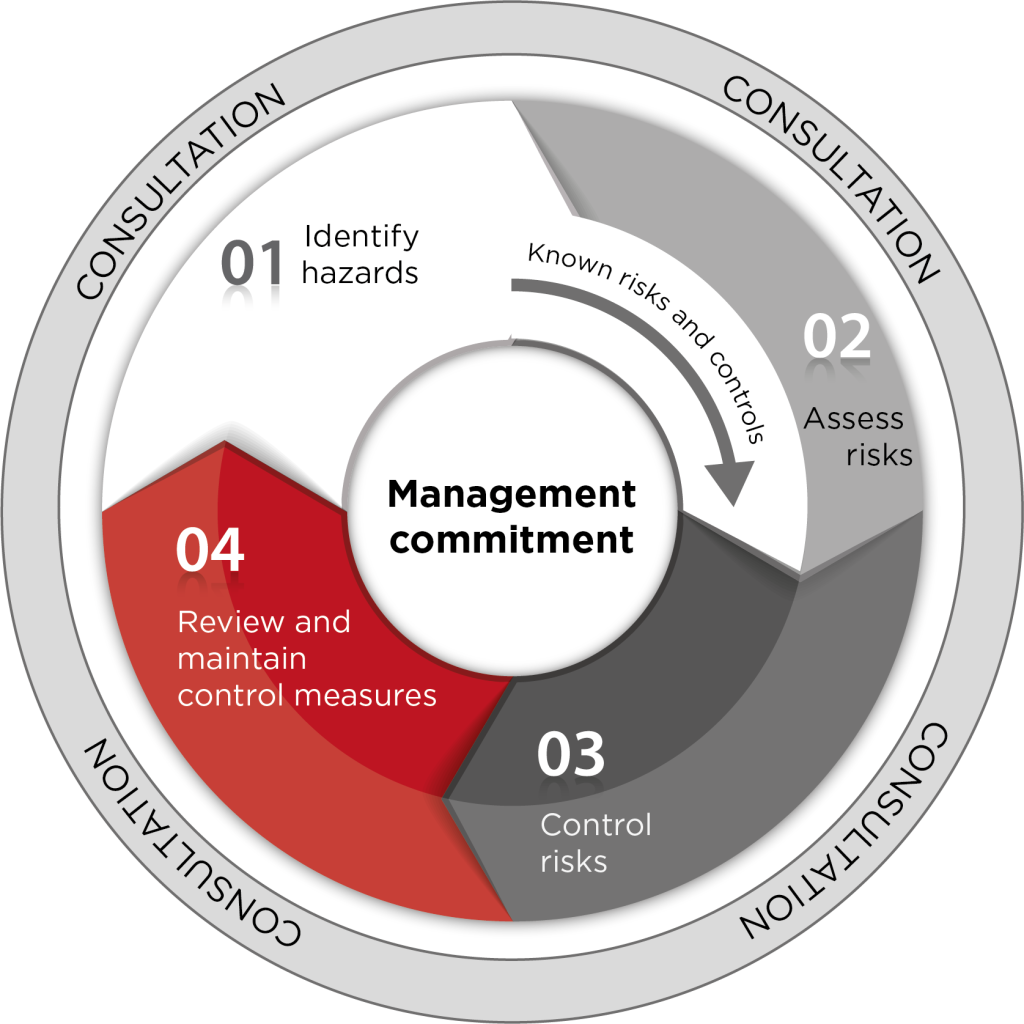Occupational Health & Safety is a part of all aspects of work and includes:
- Physical Hazards: such as chemicals, moving and lifting and dangerous machinery. This can also relate to the provided (or not provided) facilities and provisions to keep workers safe and healthy such as buildings, first aid, protective clothing and lighting.
- Psychological Hazards: such as abusive customers, bullying and stress.
- Workload Hazards: the way jobs are organised such as the length of shifts, whether workers are supervised or work alone and whether they work in one location or move from place to place to work.
See an extensive list of hazard tpes on Safe Work Australia.
Within the creative industries, preventing risk on different sites and locations can be tough. If you’re working independently, the liability of risk minimisation is something you might need to consider to keep yourself safe. Completing risk assessments can prevent unfortunate situations and reporting risks to supervisors or management can prevent further risks to others.
The four steps for managing OHS risks are:
Step #1 – Identify Hazard
Find out what could cause harm.
Step #2 – Assess Risk
If necessary – understand the nature of the harm that could be caused by the hazard, how serious the harm could be and the likelihood of it happening.
This step may not be necessary if you are dealing with a known risk, with known controls.
Step #3 – Control Risk
Implement the most effective control measures that is reasonably practicable in the circumstances and ensure that it remains effective over time.
Step #4 – Review Control Measures
Review the control measures to ensure they are working as planned.
Download the ‘handbook for workplaces – Controlling OHS hazards and risks‘.
If you’re feeling unsafe while employed talk to the supervisor or call worksafe on 9223 6888.
Click HERE to visit WorkSafe understand the context of Risk in the arts.
